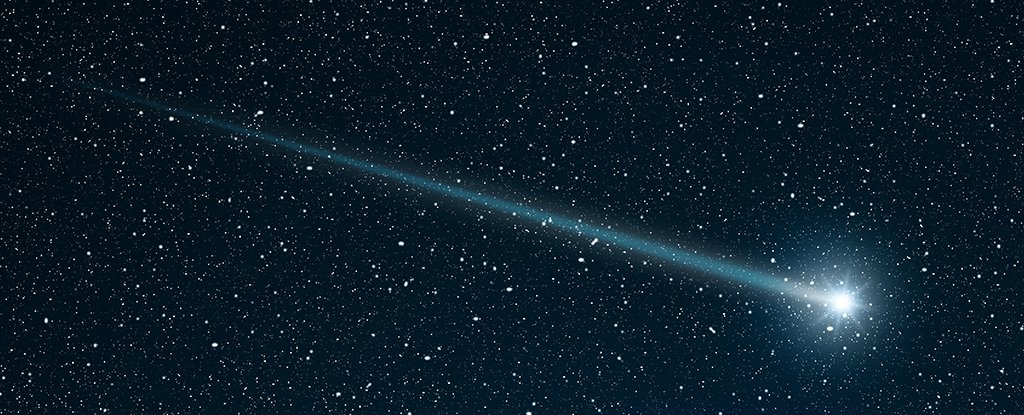 |
| Photo (c) Carlos Garcia |
This is worth a re-listen and read:
I believe in the future
I may live in my car
My radio tuned to
The voice of a star
Song dogs barking at the break of dawn
Lightning pushes the edge of a thunderstorm
And these old hopes and fears
Still at my side...
I may live in my car
My radio tuned to
The voice of a star
Song dogs barking at the break of dawn
Lightning pushes the edge of a thunderstorm
And these old hopes and fears
Still at my side...
And I believe in the future
We shall suffer no more
Maybe not in my lifetime
But in yours I feel sure
Song dogs barking at the break of dawn
Lightning pushes the edges of a thunderstorm
And these streets
Quiet as a sleeping army
Send their battered dreams to heaven, to heaven
For the mother's restless son
Who is a witness to, who is a warrior
Who denies his urge to break and run
We shall suffer no more
Maybe not in my lifetime
But in yours I feel sure
Song dogs barking at the break of dawn
Lightning pushes the edges of a thunderstorm
And these streets
Quiet as a sleeping army
Send their battered dreams to heaven, to heaven
For the mother's restless son
Who is a witness to, who is a warrior
Who denies his urge to break and run
Who says: Hard times?
I'm used to them
The speeding planet burns
I'm used to that
My life's so common it disappears
And sometimes even music
Cannot substitute for tears
I'm used to them
The speeding planet burns
I'm used to that
My life's so common it disappears
And sometimes even music
Cannot substitute for tears

